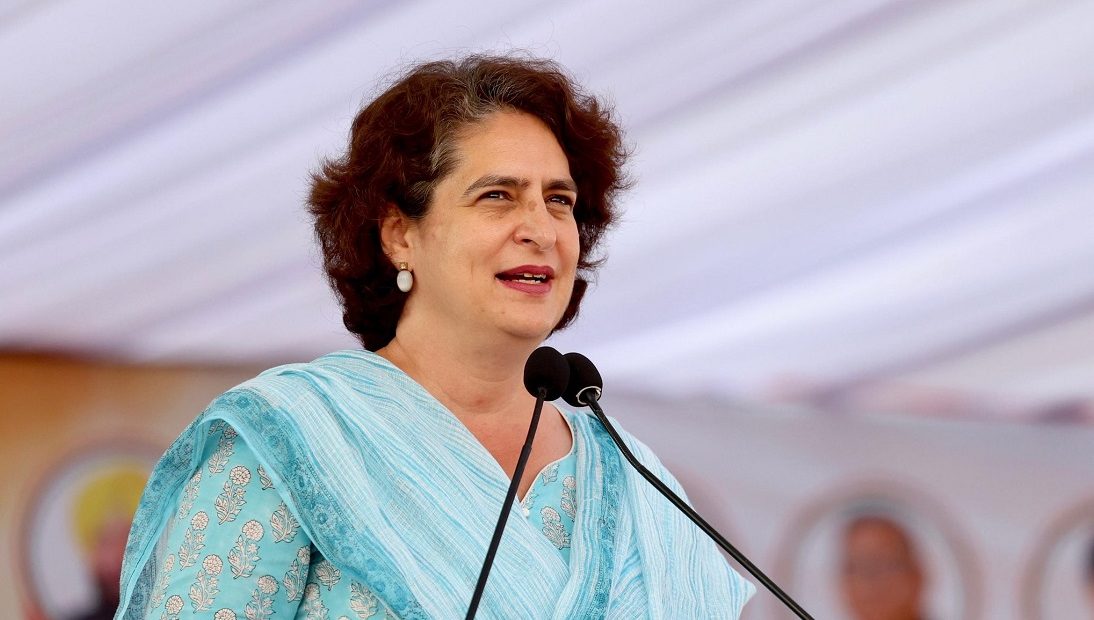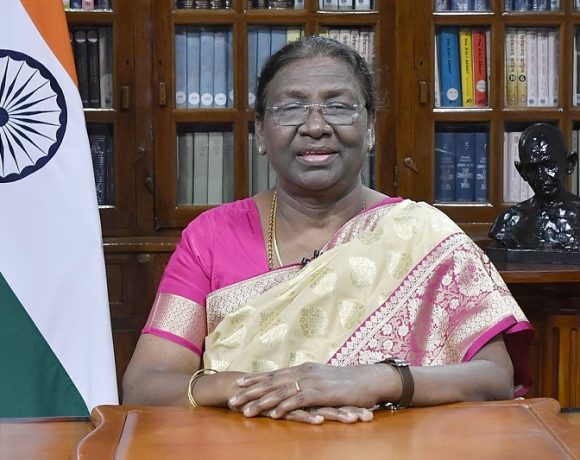
Kerala HC Summons Priyanka Gandhi in Wayanad Case
The Kerala High Court has issued a summons to Congress MP Priyanka Gandhi Vadra in connection with a petition filed by BJP leader Navya Haridas. The petition challenges Gandhi’s victory in the 2024 Wayanad Lok Sabha by-election, alleging suppression of crucial financial disclosures in her nomination papers.
Priyanka Gandhi’s Victory Under Legal Lens
Priyanka Gandhi, who entered Parliament through a resounding win from Wayanad after her brother Rahul Gandhi chose to retain Rae Bareli, is now facing her first major legal challenge. Her election from Wayanad had marked a significant shift in her political trajectory, signaling a more active role within the Congress party. However, the current legal proceedings could pose an early hurdle in her parliamentary career.
Allegations of Asset Disclosure Suppression
Navya Haridas, who was the BJP candidate from Wayanad, has contended in her petition that Gandhi failed to declare several immovable properties and investments held jointly with her husband Robert Vadra. These alleged omissions include both movable and immovable assets that Haridas claims should have been declared under the mandatory affidavit submitted during the nomination process.
The petition further asserts that such non-disclosure amounts to suppression of material facts, which misled the electorate and amounts to corrupt practices under Section 123 of the Representation of the People Act, 1951. Haridas has urged the court to declare Gandhi’s election void on these grounds.
Kerala High Court Proceedings Begin
Justice K. Babu of the Kerala High Court admitted the petition and ordered issuance of summons to Priyanka Gandhi. The matter is now scheduled for hearing in August 2025. If the court finds merit in the allegations, it could potentially overturn the Wayanad election result and disqualify Gandhi from Parliament.
While Priyanka Gandhi has yet to respond publicly to the summons, legal experts indicate that this case will test the scope of asset disclosure requirements and could set a precedent for future election disputes. The political ramifications, especially for the Congress party’s leadership structure and Gandhi’s role in it, could be significant.
As the case unfolds in court, it will not only impact Gandhi’s immediate future but could also influence the broader debate around transparency and accountability in Indian electoral politics.


















